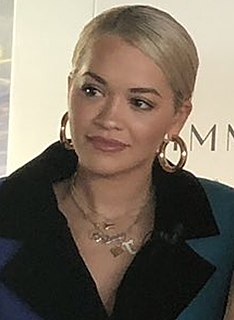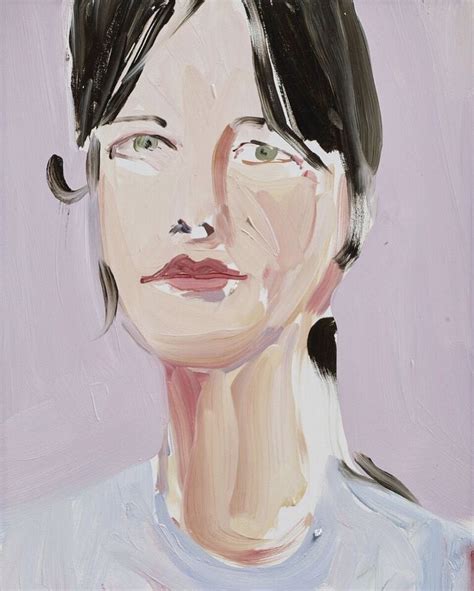A Quote by Rita Ora
Fashion is this obsessive narrative that people don't understand but they can't stop looking at.
Related Quotes
When people are temperate in their behavior, in their lives, someone who is addictive or extreme or obsessive can't understand how people can just go through their lives in the middle, and people who are rational and balanced can't understand the opposite. I'm one who's in the extreme camp in almost every area of my life and I always have been. I've observed that I'm in a minority, but I never understand people who are measured.
Trump is such a unique candidate. He's incredibly polarizing. But I see the same kind of blinders on the left. There's perhaps a little less anger, but there is nothing that Hillary Clinton can do to stop most of this nation from voting for her. You do see people who are just buying into the narrative they want to hear, and they are pushing out the narrative they don't.




































